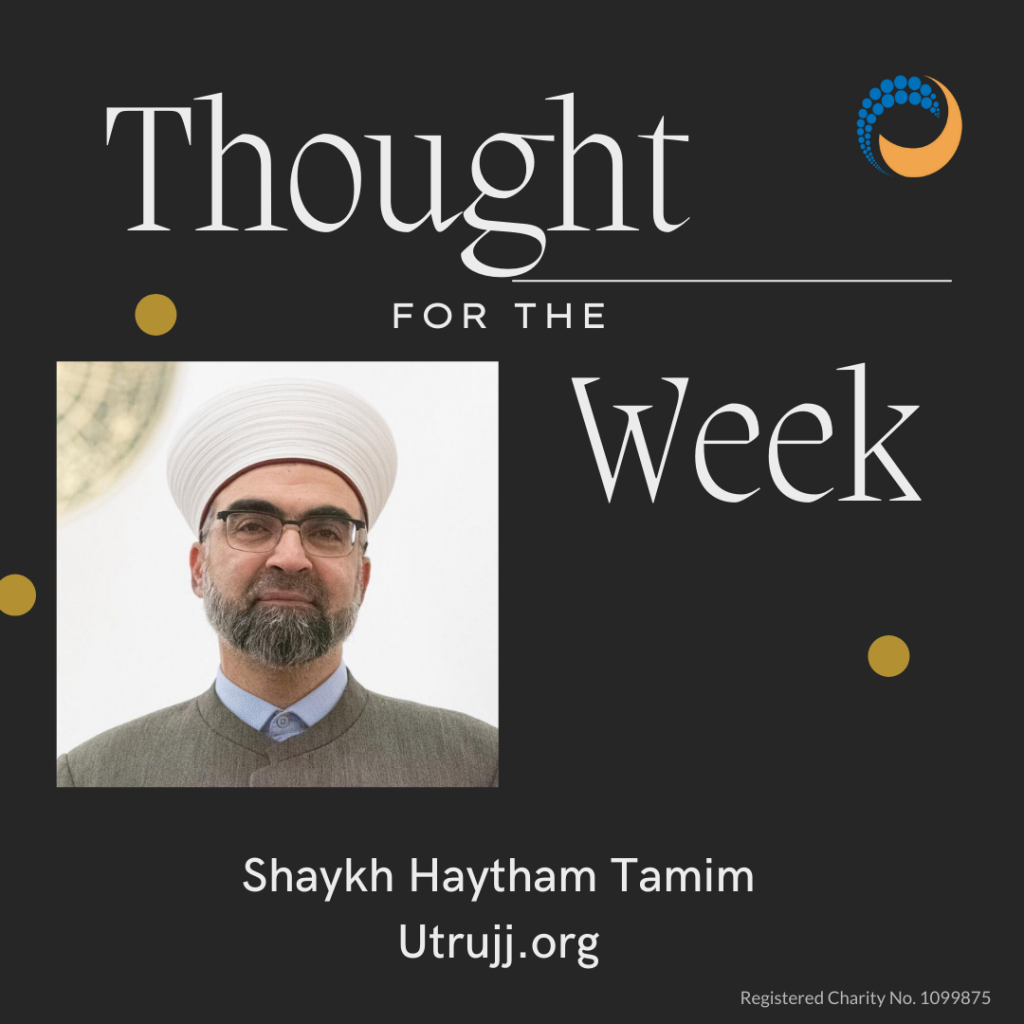The prohibition on being wasteful and the command to be moderate in spending

Spend
Allah Almighty says in the Quran:
Those who spend their wealth by night and day, secretly and openly, have their reward with their Lord; on them shall come no fear nor shall they grieve. (2:275)
This description of the Ummah of Muhammad (peace be on him) is those who work 24/7 spending and supporting each other. They are lively and active, not passive and apathetic. In other verses Allah talks about the prohibition of being wasteful, and wasting the blessings that Allah has given you.
Do not waste
Allah says in the Quran:
وَلَا تُسْرِفُوا ۚ إِنَّهُ لَا يُحِبُّ الْمُسْرِفِينَ
and do not waste. He does not love the wasteful. (6:141)
Be moderate
Allah Almighty created us as the moderate Ummah. The ones who tread the middle path, and are not extreme. He said:
وَلَا تَجْعَلْ يَدَكَ مَغْلُولَةً إِلَىٰ عُنُقِكَ وَلَا تَبْسُطْهَا كُلَّ الْبَسْطِ فَتَقْعُدَ مَلُومًا مَّحْسُورًا
And do not keep your hand tied to your neck, nor spread it out fully, lest you end up liable and regretful. (17:29)
وَالَّذِينَ إِذَا أَنفَقُوا لَمْ يُسْرِفُوا وَلَمْ يَقْتُرُوا وَكَانَ بَيْنَ ذَٰلِكَ قَوَامًا
And those who, when they spend, are neither wasteful nor stingy, but choose a middle course between that. (25:67)
Leaders
This command extends to all of us and particularly our leaders, as Allah Almighty will ask every leader about how well they fulfilled the position of trust they were in and how they looked after those in their care. Therefore they will be questioned about their spending. Sadly, all around us, we see world leaders wasting the resources of the Ummah – in the West and in the East.
Meanwhile, there are poor people across the globe. In the UK, the latest statistic is 16 million people. Every day 3 million people have to go to food banks. Instead of looking after our poor, we are spending large sums on celebrations. What a waste! It is better (in fact, imperative) to feed the hungry.
In the East, leaders are busy buying and building castles for themselves. Allah Almighty will ask them how they discharged their responsibility.
‘Abdullah bin ‘Umar (may Allah be pleased with him) narrated that Allah’s Messenger (ﷺ) said:
وَعَن عبد الله بن عَمْرو قَالَ: فَإِنَّ رَسُولَ اللَّهِ صَلَّى اللَّهُ عَلَيْهِ وَسَلَّمَ قَالَ: «كَفَى بِالرَّجُلِ إِثْمًا أَنْ يَحْبِسَ عَمَّنْ يَمْلِكُ قُوتَهُ» . وَفِي رِوَايَةٍ: «كَفَى بِالْمَرْءِ إِثْمًا أَنْ يُضَيِّعَ مَنْ يَقُوتُ» . رَوَاهُ مُسلم
“It is enough for a person to be considered sinful, that he neglects those whom he is responsible to sustain. (Muslim)
Allah will ask us 5 questions
We will all be asked how we acquired and spent our money. There is no escaping this on the Day of Judgement.
Ibn Mas’ud narrated that the Messenger of Allah (peace be on him) said:
عَنِ ابْنِ مَسْعُودٍ، عَنِ النَّبِيِّ صلى الله عليه وسلم قَالَ “ لاَ تَزُولُ قَدَمَا ابْنِ آدَمَ يَوْمَ الْقِيَامَةِ مِنْ عِنْدِ رَبِّهِ حَتَّى يُسْأَلَ عَنْ خَمْسٍ عَنْ عُمْرِهِ فِيمَا أَفْنَاهُ وَعَنْ شَبَابِهِ فِيمَا أَبْلاَهُ وَمَالِهِ مِنْ أَيْنَ اكْتَسَبَهُ وَفِيمَ أَنْفَقَهُ وَمَاذَا عَمِلَ فِيمَا عَلِمَ”
“The feet of the son of Adam shall not move from before his Lord on the Day of Judgement, until he is asked about five things: About his life and what he did with it, about his youth and what he wore it out in, about his wealth and how he earned it, and spent it upon, and what he did with what he knew.” (Tirmidhi)
Ensure you fulfil your responsibilities
We have to start by ensuring we are fulfilling our own responsibilities. Look after your family – your immediate and extended family. If you give charity (zakat or sadaqa) to your family it is multiplied because you are giving charity as well as supporting your family. Extend your charity to your community.
Hold governments accountable
You have to ask your leaders where they are spending the nation’s money. They have to be responsible and accountable. Unless we do this, no one cares. Our leader is still insisting there was no party at 10 Downing St – it is so irresponsible.
On the authority of Qatadah on the authority of Al-Hasan Al-Basri that the Prophet of Allah (peace be upon him) said:
(عن قتادة عن الحسن البصري أن نبي الله صلى الله عليه وسلم قال : ( إن الله سائل كل راع عما استرعاه، أحفظ أم ضيع، حتى يسأل الرجل عن أهل بيته). رواه ابن حبان في صحيحه.
Allah will ask every shepherd of what he entrusted, has he looked after them or neglected them, until the man is asked about the people of his household. (Ibn Hibban)
Let’s put our efforts together. We need more collaboration and support so we can do our duty to Allah and our community and to address the challenges we have. Poverty is increasing, particularly with the Ukraine war. We have to do our duty towards Allah and we ask Allah to make us prepared for that challenge.
May Allah Almighty enable us to fulfil our duties responsibly. Ameen
Shaykh Haytham Tamim Khutbah 3rd June 2022
- The truth is more powerful than lies
- Does a bride’s wali have to be Muslim?
- Is is permissible to lead a salah split over different rooms?
- Global IT outage. When systems go down…
- The concept of worship. What are ibadah and ihsan – and how do they lead to self development?

Recommended Posts

The truth is more powerful than lies
July 26, 2024

Global IT outage. When systems go down…
July 19, 2024

